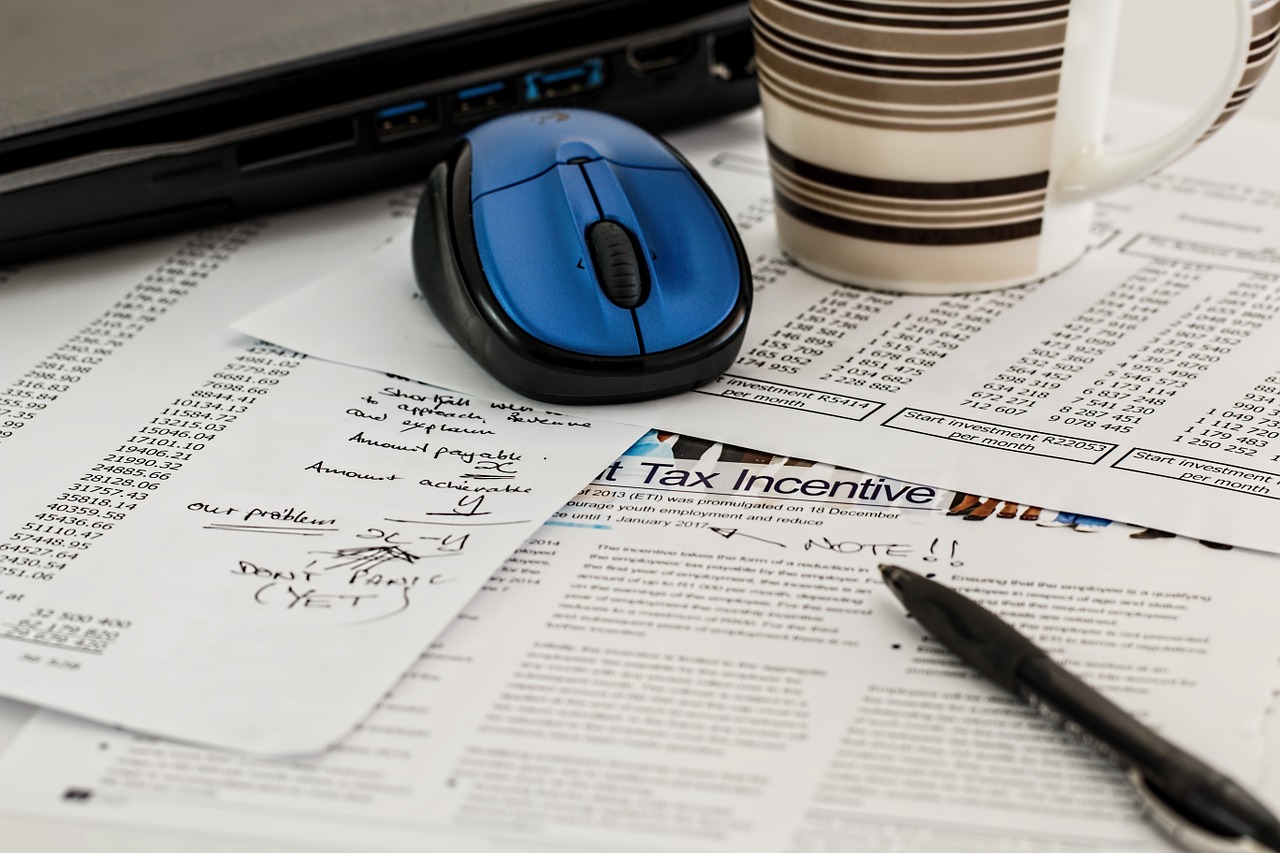
In March 2016, CMHC completed an online survey of 3,006 recent mortgage consumers, all prime household decision-makers who had undertaken a mortgage transaction in the past 12 months. When in the market for a first home, 49% of First-Time Buyers mentioned having concerns during the buying process. Among this group, the uncertainty came most from unforeseen costs, experienced by 59% of First-Time Buyers.
A home is not only your residence but it is also an investment into your future. Home ownership is a large task, but can also pay off with great reward and increased home equity. Unlike other areas of the country, homes in Durham region continue to grow in value and desirability. As property values in Toronto continue to reach historical highs, many house hunters have begun to seek out properties in the GTA area that sit at a more reasonable rate. Purchasing a home in the Durham region provides house hunters very little financial risk with a great amount of foreseeable reward, eventually adding to your asset. However, potential buyers who are unprepared for the true cost of owning property may be shaken by the bite homeownership can take out of their wallet in addition to their mortgage payments.
Here is a brief summary of some of the costs to take into consideration before taking the leap of home ownership:
1. Mortgage Payments:
With some mortgages you are locked into a long term contract with set payments. While certain types of mortgages have variable monthly payments based on the economic market, others are set for a certain time period and are very predictable. Many mortgages will also give you the benefit of loan refinancing if an unforeseeable financial emergency occurs. Have questions about the mortgage process or the best long-term strategy for you? Ask us for our broker recommendations.
2. Closing Costs
Closing costs can vary widely based on the property you buy and where you live. Typical closing costs include:
-
Home inspection fees that includes the cost of inspector evaluating the structures and systems of the home and providing you with a written report.
-
Property valuation fee to determine the lending value of the property.
-
Property survey indicates the measurements and boundaries of encroachments, easements, and major structures on the property.
-
Legal fees and related expenses.
-
Land transfer tax is based on the purchase price of the property and is charged whenever a property changes hands.
-
Title insurance covers problems that could arise due to existing liens, encroachment issues, undischarged mortgages, title fraud, and other issues.
-
High-ratio mortgage insurance premiums can range anywhere from .5% up to 2.75% of the principle and fees.
-
HST/GST may be charged on some properties.
-
Home insurance costs includes protection for your house and the contents.
-
Interest adjustments may be included in the closing costs for any gap between the closing date and the mortgage's first payment date. To avoid this charge, schedule your first payment precisely one month after the closing date.
-
Prepaid utility adjustments and property tax costs includes reimbursements to vendors for any prepaid utility bills or property taxes.
-
Mortgage life insurance costs vary and are optional.
Read more about closing costs on our post: http://www.maryroyteam.com/Blog.php/category/General/typical-closing-costs-that-affect-purchasing-a-home
3. Moving Costs
Not only will you need to pay a moving company or rent a truck to move your belongings, but you may need to make deposits to start your utilities.
4. Maintenance/ Repairs
Interior home maintenance costs both time and money. While you may be able to change your furnace filters, clean your gutters and keep your appliances running smoothly yourself, you may also need to hire a contractor to clean and inspect your chimney and to keep your heating and air conditioning system in top shape.
While maintenance tasks can be predictable, the most costly part of homeownership typically comes with unexpected repairs such as replacing or repairing the roof, fixing loose tiles in the shower, removing an overgrown or dead tree, or paying for mold mitigation in a damp basement. The list of possibilities is endless, so the best thing homeowners can do is to set aside savings for an emergency. Some financial experts suggest budgeting for 1% or 2% of your mortgage balance as a yearly maintenance and repair fund, but the amount you save depends on the age, condition and size of your home.
Can you think of more questions to ask when buying a house? For more help in purchasing a home, contact the experts at Mary Roy and Team!







